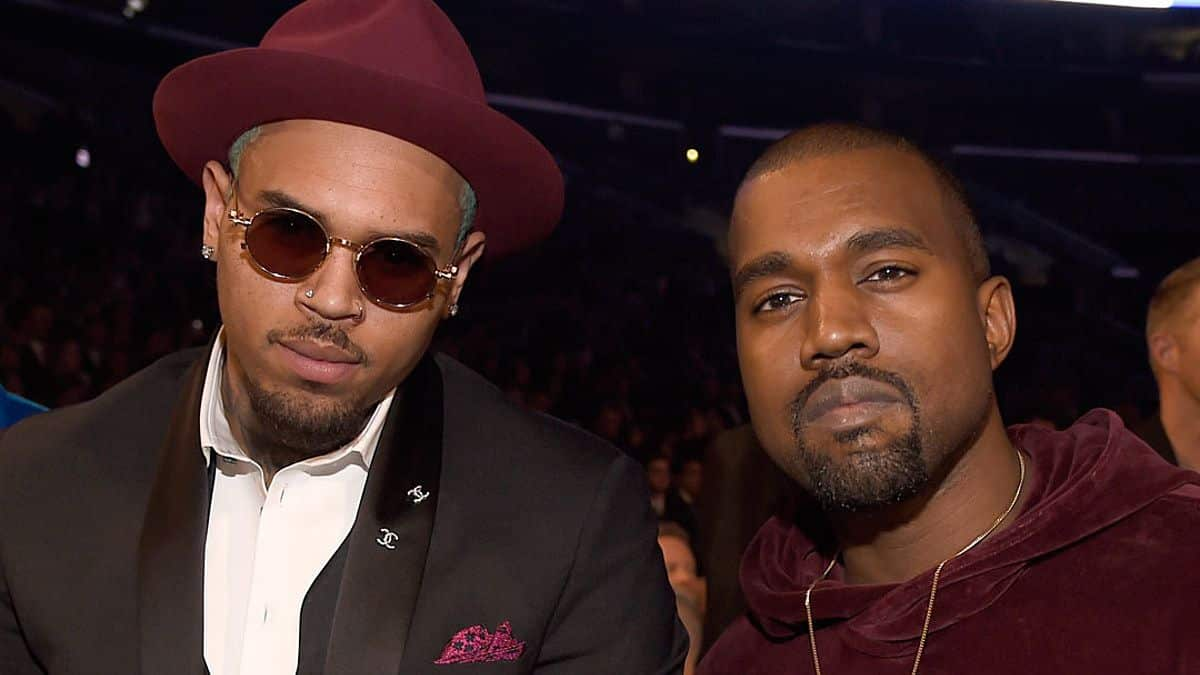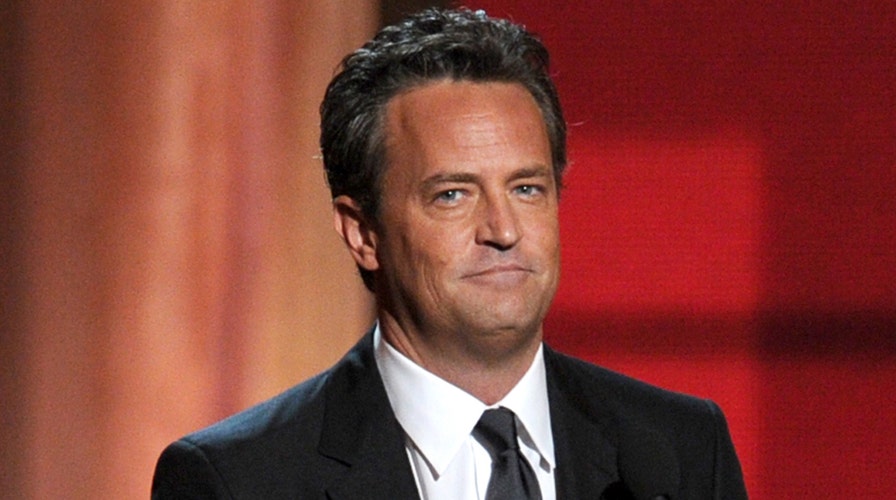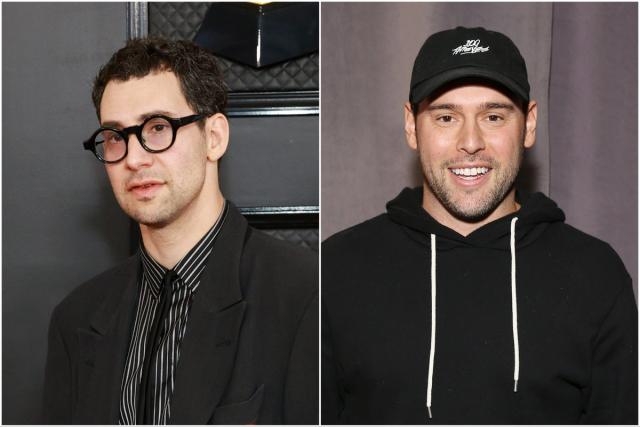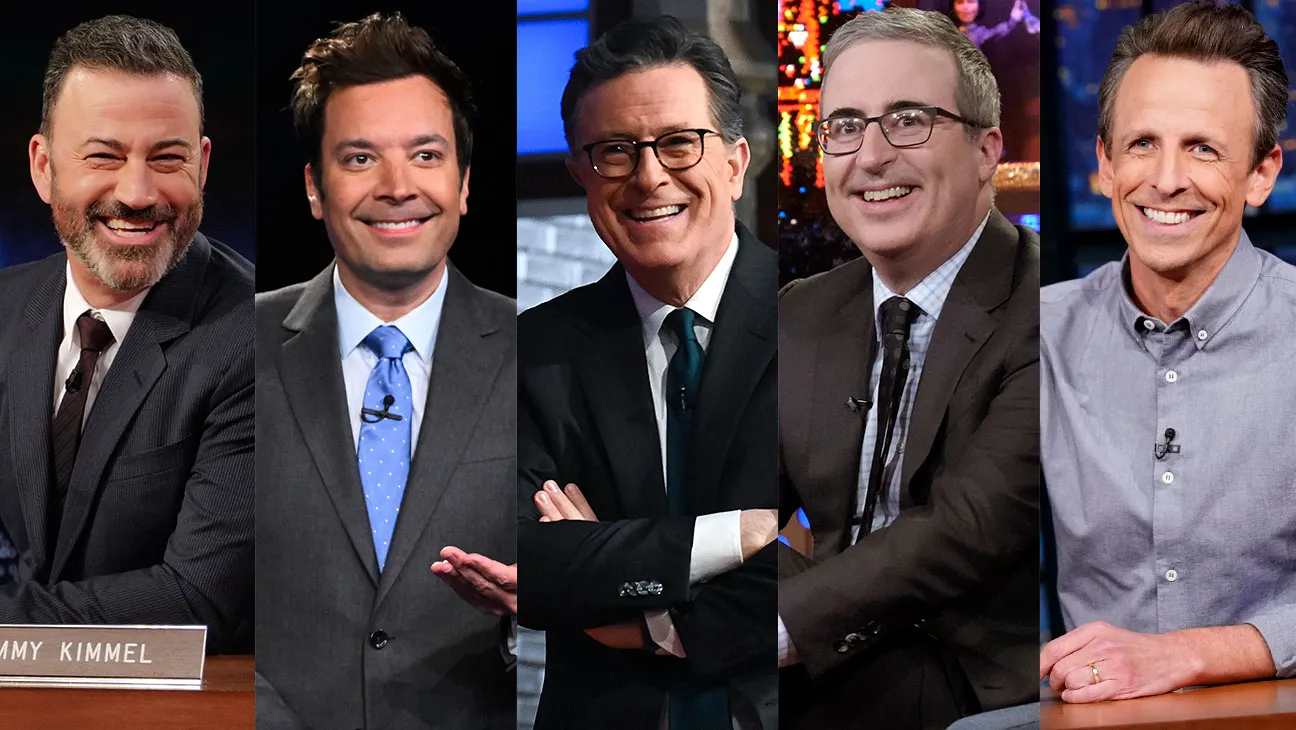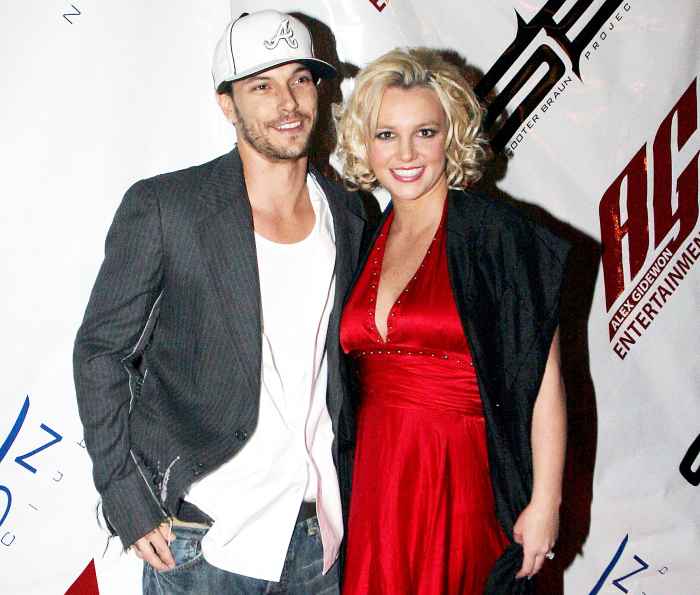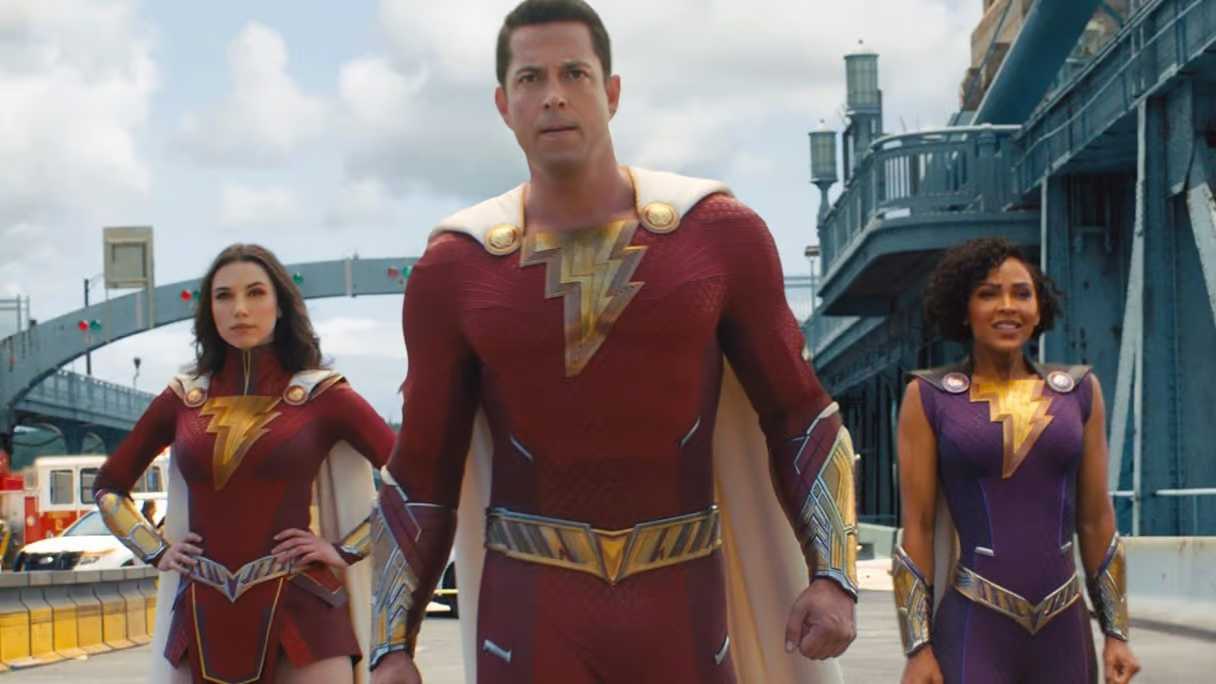Why Are Fans Calling Kanye West & Chris Brown ‘Antisemitic’, Say ‘Disgusting’ And ‘Trash’?
In the dynamic realm of the music industry, recent headlines spotlight Kanye West and Chris Brown, influential figures now facing scrutiny over their participation in a controversial track tagged as antisemitic. This uproar adds to the ongoing narrative of controversies shaping the industry’s landscape.
Kanye West’s latest release, “Vultures,” featuring Ty Dolla $ign, has become the epicenter of a storm due to its explicit lyrics, particularly a line that has ignited widespread outrage. The controversial lyric in question is, “How I’m antisemitic? I just f***ed a Jewish b**ch.” This explicit language has led to severe backlash from critics who condemn the artists’ actions as “disgusting” and “trash.”
The controversy took a viral turn when a video surfaced on social media, capturing Kanye West and Chris Brown enthusiastically dancing to “Vultures.” This visual representation of the artists reveling in the contentious lyrics added fuel to the fire, prompting swift condemnation from audiences worldwide.
Jewish businesswoman Tanya Zuckerbrot was among the voices expressing dismay, taking to Instagram to share her sentiments. She questioned the morality of the artists, stating, “What’s more sickening? The lyrics… Or the fact that both Kanye West and @chrisbrownofficial find it hysterical?” Zuckerbrot’s sentiments echoed the sentiments of many, who called for repercussions within the music industry and demanded the artists face severe consequences for their actions.
This controversy isn’t the first time Kanye West has faced allegations of antisemitism. He previously voiced admiration for Hitler on Alex Jones’s Infowars talk show and made derogatory remarks about Israeli Prime Minister Benjamin Netanyahu. Consequently, these actions resulted in the termination of contracts with prominent brands like Adidas and Balenciaga. These incidents resulted in the suspension of social media accounts and cancellation by his agency.
Chris Brown, however, denies being antisemitic and promoting hate. He took to his Instagram page to emphasize this point. Despite his denial, his Involvement in dancing to the contentious track adds another layer of criticism to his controversial history. Brown’s past is marked by legal troubles, including the infamous assault on Rihanna in 2009.
The controversy has prompted a response from Adidas, a brand with which Kanye West had significant contracts terminated in the past. The company issued a statement, saying, “Adidas does not tolerate antisemitism and any other sort of hate speech.” This public stance from a major brand underscores the potential repercussions for artists involved in controversies of this nature.
The recent controversy involving Kanye West and Chris Brown has ignited a fervent public outcry, extending beyond mere celebrity gossip and into a broader discussion about accountability in the entertainment industry. Calls for consequences reverberate, amplifying demands for a reevaluation of how the industry addresses actions that raise ethical concerns.
This incident serves as a catalyst for a wider discourse on artists’ responsibility for their content, pushing society to scrutinize not only the artistic output but also the behavior and impact of those in the spotlight. The intensified scrutiny reflects a growing desire for transparency and ethical conduct, marking a pivotal moment where the entertainment industry faces heightened expectations regarding the influence wielded by its prominent figures.
In the aftermath of the controversy, Chris Brown took to Instagram to rebut accusations of antisemitism and hate promotion, attempting to elucidate his stance and distance himself from the explicit lyrics of his song “Vultures.” However, his participation in a viral video added an additional layer of complexity to public interpretation, leaving the audience grappling with conflicting narratives.
Adidas, having previously severed ties with Kanye West over antisemitic remarks, reaffirmed its commitment against antisemitism and hate speech. This strategic move by a major brand underscores the potential impact on an artist’s career when confronted with controversial behavior, emphasizing the influence corporations wield in shaping industry standards.
The controversy has thrust Kanye West and Chris Brown back into the public eye, but not for their musical prowess. Instead, the spotlight now fixates on their involvement in a scandal, prompting widespread condemnation. This event serves as a stark reminder of the inextricable link between public personas and past actions, urging reflection on the consequences of behavior and statements.
As the storm surrounding “Vultures” continues to unfold, the music industry stands at a crossroads. This controversy prompts reflection on the power and responsibility of artists, the role of major brands in shaping industry standards, and the public’s demand for accountability. The journey ahead for Kanye West and Chris Brown remains uncertain, their past actions casting a shadow that influences their present and future in the scrutinizing eyes of a critical audience. It is a moment of reckoning for the industry, challenging long-standing norms and setting the stage for a redefined relationship between artists, their audiences, and the ethical expectations that come with fame.
